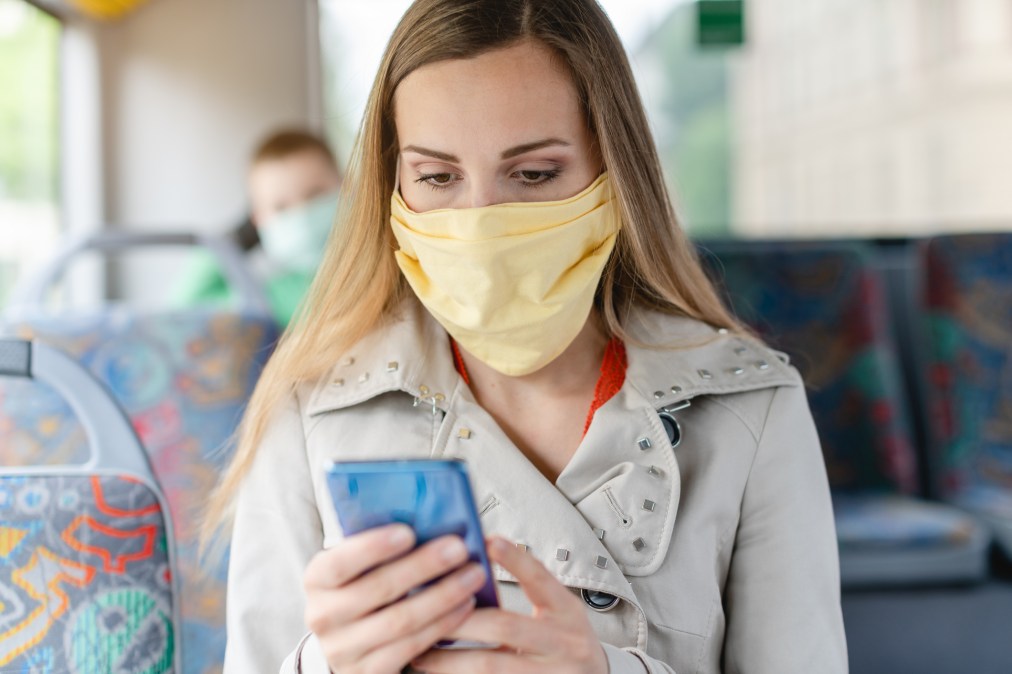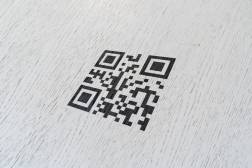U. California system expands COVID-19 exposure app to more campuses

Five campuses in the University of California system are joining the state’s COVID-19 exposure notification app effort, the system announced Thursday.
The campuses — Berkley, Los Angeles, Riverside, Davis and Santa Barbara — will join California COVID Notify — the app spearheaded by the California Department of Public Health to track the spread of the coronavirus across the state.
The expansion to the five additional campuses follows pilot periods at UC San Diego and UC San Francisco earlier this fall.
“What started six weeks ago with two UC campuses has now grown to the majority of UC campuses,” said Carrie Byington, executive vice president of the system’s health arm, in a press release. “Applying this type of innovation to a practical use is part of our mission to improve the health of the people of California. This demonstrates the commitment across the university to battling COVID-19 in collaboration with the state.”
The app uses Google and Apple’s Exposure Notifications API to track users’ exposure to those who later discover they’ve been diagnosed with COVID-19. Several states’ applications use the API developed by the two tech giants. Use of the app is voluntary, though newer versions of both the iOS and Android operating systems are including the contact tracing platform as a built-in feature that users can activate if their states are using it.
“If you keep the app running, it will notify you if you have been exposed to someone with COVID-19, even if you don’t know that person,” Laura Polito, medical director of UC Santa Barbara’s COVID-19 response team said. “If you were in a restaurant, out exercising, or in a social situation and were close enough to someone to be exposed to COVID-19, the app will notify you.”
The same protocol applies to app users who test positive for COVID-19. The user reports their positive test results to the app, which then alerts any user that was in close contact with the COVID-positive patient.
The UC system emphasized the “privacy-first approach” of the app, which requires users to opt into the tracking, as well as whether or not they decide to report diagnoses of COVID-19 in the app. Despite the expansion to additional campuses, the app remains in a pilot phase across the universities.
“We are committed to keeping our campus community safe and joining this effort is one way of doing so,” Denise Woods, UC Riverside’s assistant vice chancellor of health, counseling and wellness said. “ We want to be part of a team that is helping battle COVID-19 and, in turn, improve the health of all California residents.”
The news of additional University of California campuses adopting the state-run exposure notification app excludes UC Irvine, which launched its own contact tracing application in April. Privacy is a key factor in whether or not students, staff and faculty at universities will adopt contact tracing smartphone apps, EdScoop reported in August.




